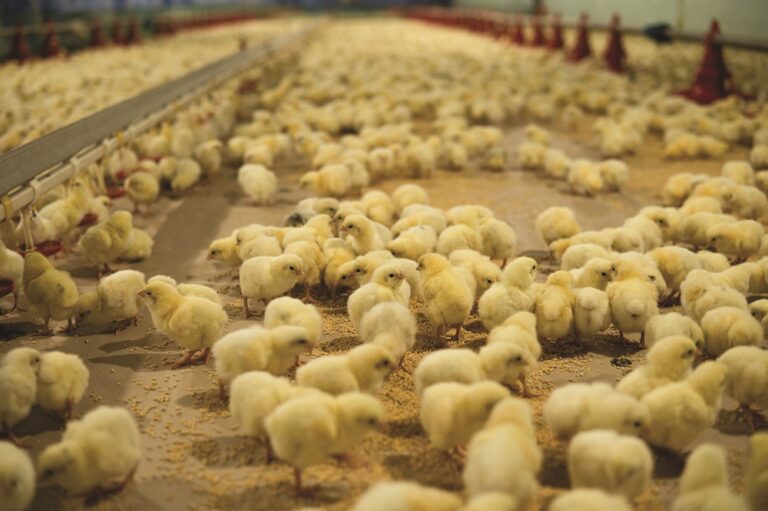DAERA’s annual report on the size and performance of the Northern Ireland food and drinks processing sector has reinforced just how important the agri-food industry is to the NI economy.
In 2017 the NI food and drinks processing sector grew, with sales increasing 10.6%. GB remains the largest outlet for the NI food and drinks processing sector representing 49% of total sales and the republic of Ireland is the most significant export destination accounting for £716 million in 2017 – an increase from 2016.
UFU president Ivor Ferguson said the report provided further evidence that the Northern Ireland agri-food and drink sector is a very major contributor to the local economy and reinforces how important it is that a no-deal Brexit is avoided.
Ferguson said it was encouraging to see an upward trend generally and especially in employment. “We are immensely proud of our industry, including our ability to provide new jobs, and the quality raw material that is produced on our family farms across Northern Ireland, which is the solid base on which this industry is built. However, the UK is due to officially leave the EU on the 31 October and the date is fast approaching with a solution to avoiding a no-deal still to be found. A no-deal Brexit will inevitably end the current free trade arrangements across the island of Ireland by introducing export tariffs and additional controls and checks which will also add cost. The introduction of differential import tariff arrangements within the UK will also undermine our home and GB markets. The combination of all of these would be disastrous for farmers, processors and the entire Northern Ireland economy.”
- The value of sales for the Northern Ireland food and drinks processing sector increased from £4,347 million in 2016 to £4,810 million in 2017; an increase of 10.6 per cent. Provisional figures estimate sales in 2018 at £4,952 million.
- In 2017, the food and drinks processing sector is estimated to have contributed approximately 2.3 per cent of Northern Ireland’s total gross value added, no variation from last year.
- The total number of direct employees in the sector rose by five per cent from 22,539 full-time employee equivalents in 2016 to 23,641 full-time employee equivalents in 2017. Direct employment in 2018 is estimated to increase by five per cent to 24,818 full-time employee equivalents.


